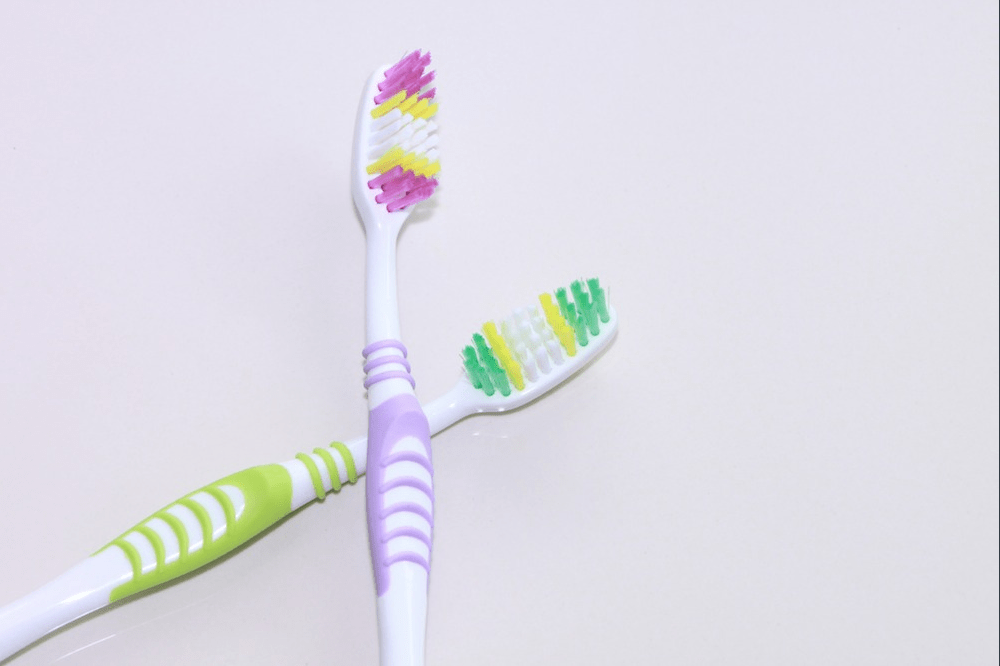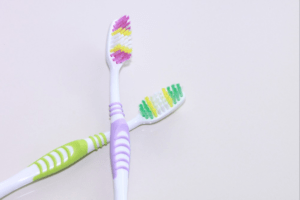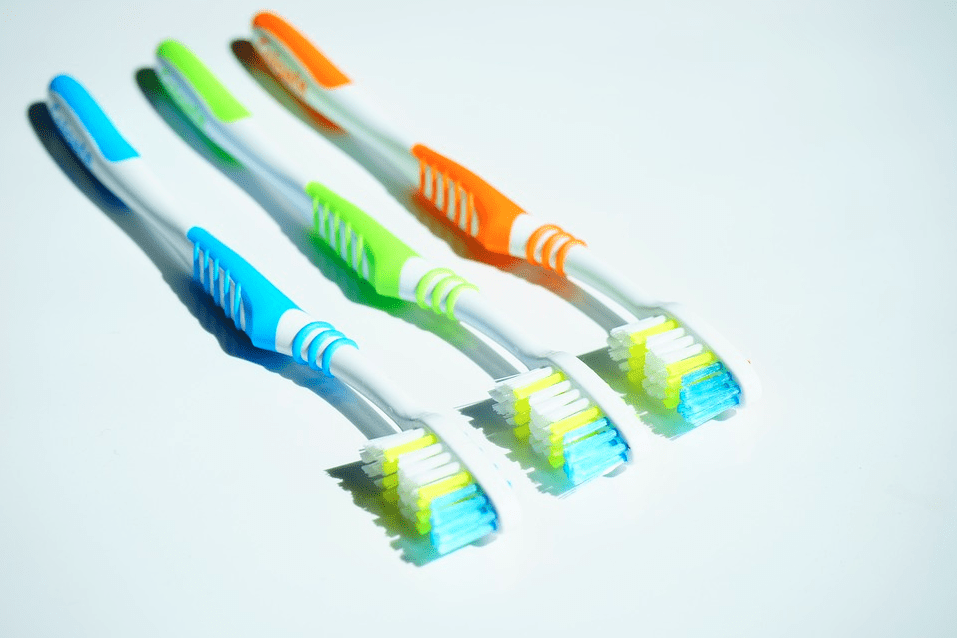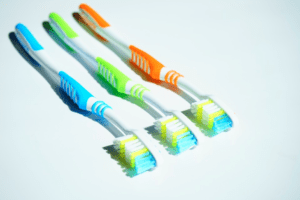
Tooth sensitivity can be a frustrating and uncomfortable experience. It is often described as a sharp or shooting pain that occurs when the tooth is exposed to certain stimuli like hot or cold temperatures, sweet or sour foods, or even just air. It is estimated that approximately 1 in 8 people suffer from tooth sensitivity at some point in their lives. In this blog, we will discuss what tooth sensitivity could mean and how to address it.
One of the most common causes of tooth sensitivity is enamel erosion. Enamel is the hard, outer layer of the tooth that protects the softer dentin and pulp layers underneath. When enamel wears away, the dentin becomes exposed, leading to sensitivity. Enamel erosion can be caused by a variety of factors, including acidic foods and beverages, tooth decay, and aggressive brushing. To prevent enamel erosion, it is important to limit your intake of acidic foods and drinks, practice good oral hygiene habits, and use a soft-bristled toothbrush to avoid damaging the enamel.
Another common cause of tooth sensitivity is gum recession. Gum recession occurs when the gum tissue around the tooth pulls back, exposing the tooth’s roots. This can be caused by periodontal disease, aggressive brushing, and even genetics. Gum recession can be prevented by maintaining good oral hygiene habits, using a soft-bristled toothbrush, and avoiding tobacco products.
Tooth sensitivity can also be a sign of a more serious dental problem, such as a cracked or damaged tooth, a cavity, or an abscess. If you are experiencing tooth sensitivity along with other symptoms like toothache, swelling, or fever, it is important to see a dentist as soon as possible. Ignoring these symptoms could lead to more serious dental problems down the line.
If you are experiencing tooth sensitivity, there are several things you can do to alleviate the discomfort. One of the easiest ways to reduce tooth sensitivity is to use a desensitizing toothpaste. These toothpastes contain special ingredients that help block the transmission of pain signals from the tooth to the nerve. In addition to using a desensitizing toothpaste, you can also try using a fluoride rinse, avoiding acidic foods and drinks, and practicing good oral hygiene habits.
In some cases, your dentist may recommend a more invasive treatment option to address tooth sensitivity. This could include applying a fluoride varnish or gel to the affected teeth, bonding the teeth with a resin material, or even performing a root canal if the tooth’s nerve is damaged.
In conclusion, tooth sensitivity can be caused by a variety of factors, including enamel erosion, gum recession, and more serious dental problems. If you are experiencing tooth sensitivity, it is important to see a dentist to determine the underlying cause and find an appropriate treatment plan. In the meantime, there are several things you can do to reduce tooth sensitivity and alleviate discomfort. Contact us to schedule your next appointment.






























